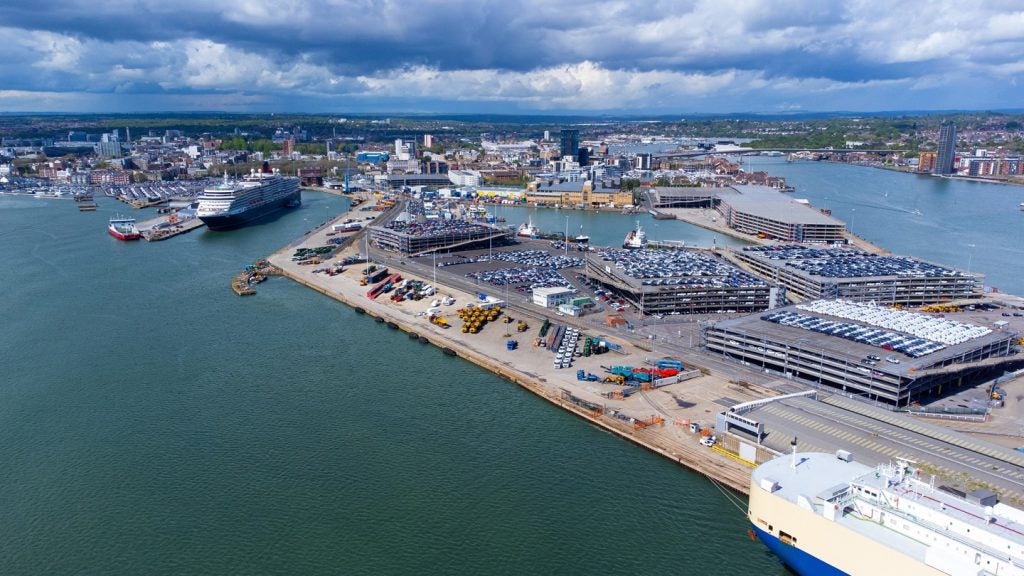German chemical firm BASF has entered a memorandum of understanding (MoU) with South Korea-based shipbuilder Samsung Heavy Industries (SHI) to conduct a feasibility study on leveraging BASF’s OASE blue technology to capture CO₂ on board maritime vessels.
The OASE blue technology is expected to support sustainability and reduce costs for the capture of CO₂ in flue gas applications.
SHI shipbuilding sales engineering head Youngkyu Ahn said: “Through cooperation with BASF, Samsung Heavy Industries has developed efficient Onboard Carbon Capture system, which will help gain a competitive advantage in a low carbon shipping market.”
Under the MoU, the firms will undertake a marinisation study along side the focused engineering, design and construction of a carbon capture unit.
BASF will provide its expertise on floating liquefied natural gas (FLNG), while SHI will assess the deployment of gas treatment technology on board vessels.
This move is in line with the International Maritime Organisation (IMO) strategy to cut down the carbon intensity of international shipping by at least 40% by the end of the decade.
How well do you really know your competitors?
Access the most comprehensive Company Profiles on the market, powered by GlobalData. Save hours of research. Gain competitive edge.

Thank you!
Your download email will arrive shortly
Not ready to buy yet? Download a free sample
We are confident about the unique quality of our Company Profiles. However, we want you to make the most beneficial decision for your business, so we offer a free sample that you can download by submitting the below form
By GlobalDataBASF delivers a range of gas-treating solutions for different applications, including natural gas, synthesis gas and biogas.
BASF Intermediates Asia Pacific senior vice-president Vasilios Galanos said: “Leveraging our state-of-the-art OASE technology, we are pleased to expand our cooperation with SHI and support it in navigating through tightening carbon emission regulations.”
Last February, SHI won a contract worth approximately $700m for five 15,000 twenty-foot equivalent unit (TEU) liquefied natural gas (LNG)-driven container ships from a client in Asia.







